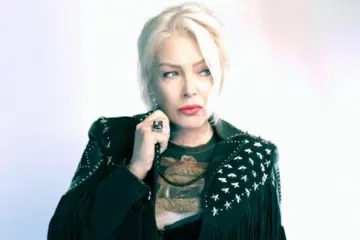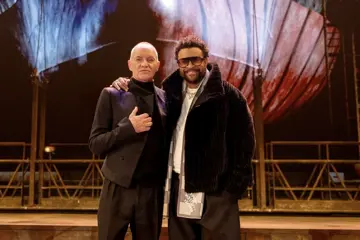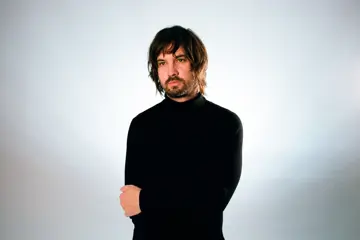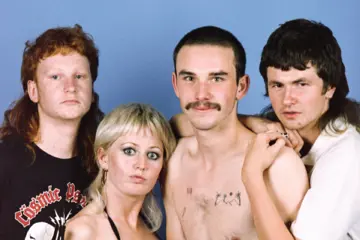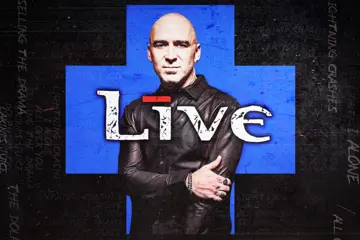Picturing a stereotypical punk, it's easy for the mind to go to a big, tall, burly guy with a green mohawk. It's a stereotype that hasn't necessarily been accurate and in 2017, that image couldn't be further from what punk music represents.
2017 sees a punk scene that is working harder than ever to be inclusive. Face The Music's Why Punk?: DIY Guide To Punk Attitude Within Feminism brought together some very prominent and important voices to talk about what punk means to them and how it intersects with feminism.
Moderator Jacinta Parsons was joined by writer Celeste Liddle, The Go-Betweens' Lindy Morrison, Idylls' Billie Stimple, Wet Lips and Cable Ties' Jennifer McKechnie and High Tension's Karina Utomo.
For most, The Go-Betweens represent a hugely important part of Australian history. While Morrison herself said The Go-Betweens aren't a punk band, her previous bands were and it's clear that their influence still continues in her attitude today. While Morrison credits bands like The Saints and Radio Birdman for their local influence, it was further abroad that first inspired her to start a punk band.
"When I heard the Sex Pistols, I went 'oh my god', I can play that," she said on the panel.
"For me, it's the chance to get women on stages," said Morrison, when asked what punk means to her.
Don't miss a beat with our FREE daily newsletter
The term 'toxic masculinity' was a key topic for the panel. "For years, I didn’t even think I was being affected by it," explain Utomo, before sharing a story about coming up in the small Canberra metal scene.
"I think I adopted that masculine culture…" adds McKechnie. "Over time, I've had to unlearn all of that."
"I've really tried to embrace the femininity that punk represents."
"If they're going to be speaking this truth to power, they need to be creating that in their spaces," adds Liddle, on male acts working towards inclusive environments.
Community seems to be a consistent theme when it comes punk panels. Stimple describes the punk scene as something they fell into but are ultimately grateful for.
"It's the way I survived through really, really hard years…" shares Stimple. "I think community is hugely important."
Closing out the panel, there was a touching tribute to Morrison from a audience member, who shared just how important Morrison has been to the Australian industry.
Rather than choosing to focus on her own success, Morrison instead chose to shift to the wider industry and how things have changed from the initial wave in the '70s.
"I feel as an older woman that things have changed," she says. "New wave, because of punk, there were a whole lot of women on stage in the early '80s."
Missed day one at Face The Music? Read all about it below.








